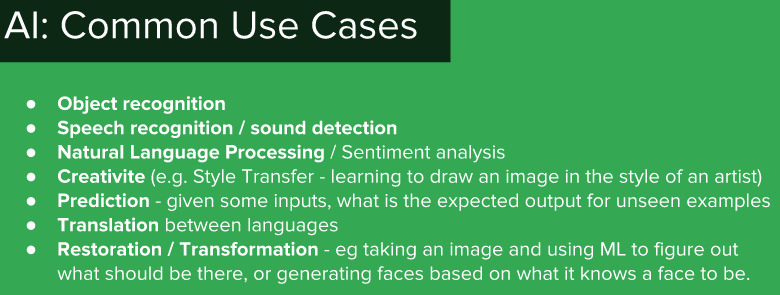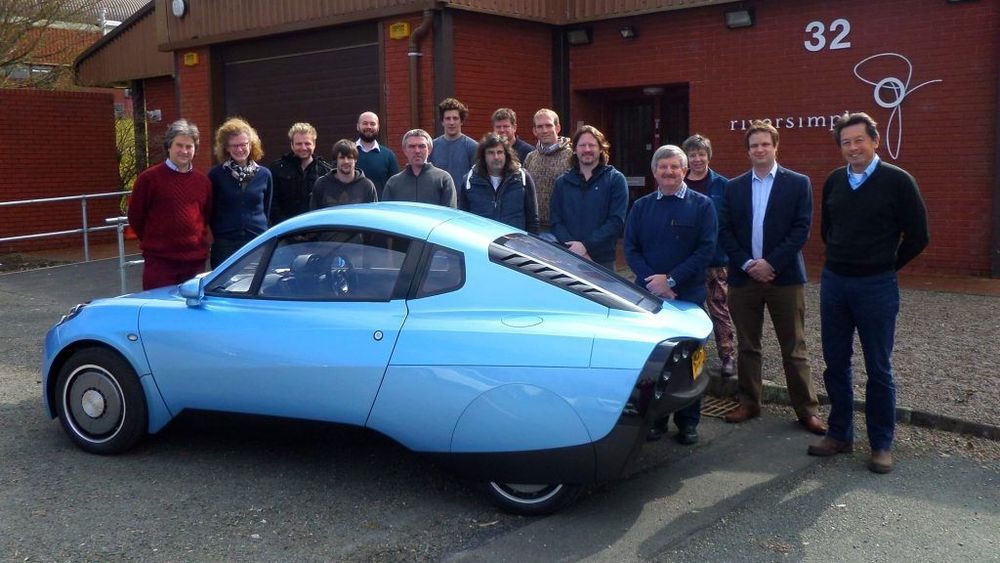Technology that translates cortical activity into speech would be transformative for people unable to communicate as a result of neurological impairment. Decoding speech from neural activity is challenging because speaking requires extremely precise and dynamic control of multiple vocal tract articulators on the order of milliseconds. Here, we designed a neural decoder that explicitly leverages the continuous kinematic and sound representations encoded in cortical activity to generate fluent and intelligible speech. A recurrent neural network first decoded direct cortical recordings into vocal tract movement representations, and then transformed those representations to acoustic speech output. Modeling the articulatory dynamics of speech significantly enhanced performance with limited data. Naïve listeners were able to accurately identify and transcribe decoded sentences. Additionally, speech decoding was not only effective for audibly produced speech, but also when participants silently mimed speech. These results advance the development of speech neuroprosthetic technology to restore spoken communication in patients with disabling neurological disorders.
Get the latest international news and world events from around the world.
PALM Ebola Clinical Trial Stopped Early as Regeneron’s REGN-EB3 Therapy Shows Superiority to ZMapp in Preventing Ebola Deaths
TARRYTOWN, N.Y., Aug. 12, 2019 /PRNewswire/ — Regeneron Pharmaceuticals, Inc. (NASDAQ: REGN) today announced that the Company was informed by study investigators that a randomized, controlled trial evaluating four investigational therapies for Ebola virus infection was stopped early because.

Microsoft Discovers ‘Critical’ Windows 10 Vulnerabilities Affecting 800M
In a recent Security Response Center update from Microsoft, the company detailed the discovery of two “critical” Remote Code Execution (RCE) vulnerabilities.
The vulnerabilities are “wormable”, meaning that any future malware that exploits these could jump from computer to computer without any need for users sending it across.
RELATED: MICROSOFT JOINS APPLE, AMAZON AS $1 TRILLION COMPANY

Samsung Releasing Smartphone Using Graphene Battery for 15–30 Minute Charging in 2020
Samsung will release a smartphone using new fast chargoing graphene battery technology that can fully charge in under 30 minutes according to gadgets leaker Evan Blass (@EVLeaks).
Samsung will release a smartphone powered by new graphene battery technology that can fully charge in under 30 minutes in 2020, or possibly 2021. This will be three to five times faster than today’s lithium-ion batteries which take about 90 minutes to charge.
In 2017, Samsung Advanced Institute of Technology (SAIT) announced they had developed a “graphene ball,” a unique battery material that enables a 45% increase in capacity, and five times faster-charging speeds than standard lithium-ion batteries. The breakthrough provides promise for the next generation secondary battery market, particularly related to mobile devices and electric vehicles. In its research, SAIT collaborated closely with Samsung SDI as well as a team from Seoul National University’s School of Chemical and Biological Engineering.
NASA Robots to Compete in Underground Challenge in Mining Tunnels
Robots are about to go underground — for a competition anyways.
The Defense Advanced Research Projects Agency (DARPA), the branch of the U.S. Department of Defense dedicated to developing new emerging technologies, is holding a challenge intended to develop technology for first responders and the military to map, navigate, and search underground. But the technology developed for the competition could also be used in future NASA missions to caves and lava tubes on other planets.
The DARPA Subterranean Challenge Systems Competition will be held August 15 – 22 in mining tunnels under Pittsburgh, and among the robots competing will be an entry from a team led by NASA’s Jet Propulsion Laboratory (JPL) that features wheeled rovers, drones, and climbing robots that can rise on pinball-flipper-shaped treads to scale obstacles.


A Tech Expert Says Google Chrome Has Become Spy Software
You open your browser to look at the Web. Do you know who is looking back at you?
Over a recent week of Web surfing, I peered under the hood of Google Chrome and found it brought along a few thousand friends. Shopping, news and even government sites quietly tagged my browser to let ad and data companies ride shotgun while I clicked around the Web.
This was made possible by the Web’s biggest snoop of all: Google. Seen from the inside, its Chrome browser looks a lot like surveillance software.

How Hotels use Big Data to Generate New Revenues
Hotel revenue management and use of analytics for room sales has remained largely unchanged for decades since the early 1980s when hotels started looking at yield and how they could optimize the revenue each room could generate. By the mid-1990’s, Marriott’s successful execution of revenue management strategies were adding between $150 — $200 million in annual revenue and thus marked the beginning of data intelligence to drive new revenue.
Fast forward to 2016 — and the part insight, part intuition, part data-driven approach to revenue management largely hasn’t moved into the new age of big data for most hoteliers.
There is a new application of data modelling hotels are utilizing to see big gains in RevPAR (Revenue Per Available Room) and this comes through price differentiation. That is — dynamically displaying different room rates for every person that views your hotel search price query.

Google Tutorial on Machine Learning
This presentation was posted by Jason Mayes, senior creative engineer at Google, and was shared by many data scientists on social networks. Chances are that you might have seen it already. Below are a few of the slides. The presentation provides a list of machine learning algorithms and applications, in very simple words. It also explain the differences between AI, ML and DL (deep learning.)
